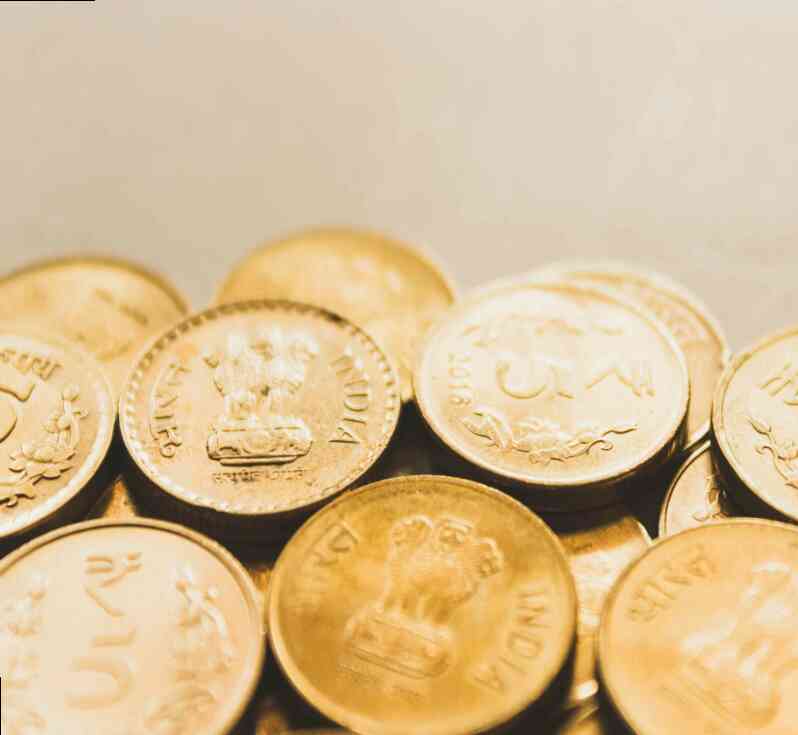
Inflation: What You Need to Know About Rising Prices
Inflation is an important economic concept that affects us all. It occurs when the prices of goods and services increase over time, resulting in a decrease in purchasing power for consumers. In other words, it costs more to buy the same items as before. This can be caused by a variety of factors such as increases in wages, increased demand for certain products or services, or changes in tax laws. Inflation can have both positive and negative effects on economies and individuals alike depending on how it is managed. There are several types of inflation: Demand-pull inflation occurs when there is too much money chasing too few goods; cost-push inflation happens when production costs rise due to higher wage demands or rising commodity prices; supply-side inflation results from an increase in productivity leading to lower output prices; and imported price inflation which refers to foreign countries raising their own product prices which cause domestic producers’ selling prices to go up as well. The most common measure used for measuring the rate of inflation is called “the consumer price index (CPI)”. The CPI measures the average change over time in the prices paid by urban consumers for a market basket of goods and services including food, housing, clothing, transportation etc.. Other indicators like Producer Price Index (PPI) also provide information about changes at different stages throughout the production process however they tend not to reflect actual consumer spending patterns as accurately as CPI does so economists usually prefer using CPI numbers instead.